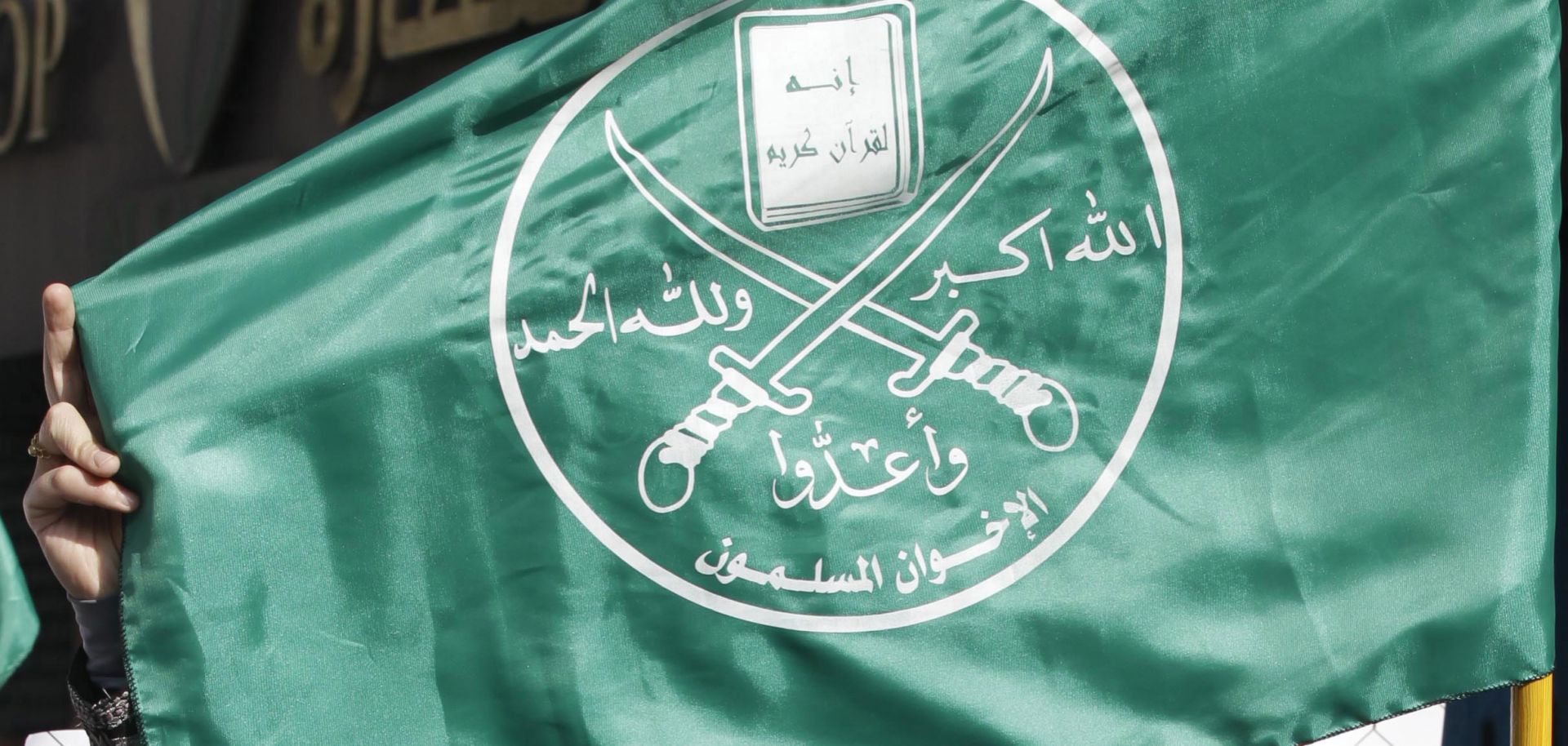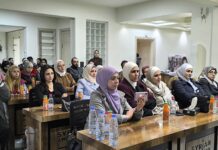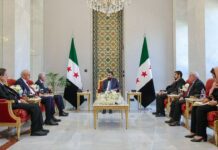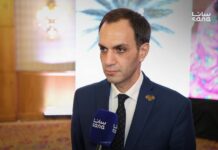
The Syrian branch of the Muslim Brotherhood released a new political document, “Coexistence in Syria,” outlining its vision for the country’s political future following the fall of Bashar al-Assad’s regime on December 8. The document marks the group’s first major publication in over a decade signalling a renewed attempt to define its place in a post-conflict Syria.
Despite earlier suggestions for the organization to disband, the Brotherhood’s new manifesto calls for the establishment of a “civil state based on justice, democracy, and equal citizenship for all Syrians,” according to the text published on the group’s official website. The release comes amid a regional climate increasingly hostile to the Brotherhood, with neighboring Jordan and Saudi Arabia having formally banned the movement.
Foundations of Coexistence and Shared Citizenship
In its introduction, the group said Syria had been “exhausted by decades of tyranny, violations of rights, and the denial of human dignity.” It urged Syrians to forge a “broad national consensus” rejecting sectarianism and fostering dialogue among all religious and ethnic groups. Drawing on Quranic principles, the Brotherhood framed coexistence as a divine imperative rooted in “recognition of the other, justice, and cooperation for the common good.”
The document cites the Charter of Medina—an early Islamic model of contractual citizenship—as an example of how diverse communities can coexist under a shared legal framework. It further stresses that equality before the law and mutual respect must underpin the new Syrian state.
A Framework for Governance and Civil Society
The Brotherhood envisions a democratic system based on political pluralism, the peaceful transfer of power, and the rule of law. It calls for constitutional guarantees protecting freedom of belief, criminalizing hate speech, and ensuring equal participation for all citizens “based on competence rather than background.”
The document outlines a civic role for non-governmental organizations, urging civil society to promote “a shared Syrian identity” through education, cultural initiatives, and targeted media campaigns that combat extremism and rebuild trust among communities. It also emphasizes women’s and youth empowerment as key to national renewal.
Among its more concrete proposals, the Brotherhood calls for restricting the possession of weapons to the state and for keeping the military under parliamentary oversight. The text also advocates abolishing exceptional courts and limiting the army’s duties to national defense, explicitly warning against any future political role for the military.
Debate Over the Brotherhood’s Role in a New Syria
Media adviser to the Syrian presidency, Ahmad Zaidan, has previously questioned the Brotherhood’s relevance, noting that “its inability to adapt to modern realities” may undermine its political effectiveness. He argued in an August article that voluntary dissolution could “serve the country’s interests” and allow younger Syrians to shape the nation’s direction.
Despite lingering skepticism, the Brotherhood’s Coexistence in Syria document presents a rare attempt by an Islamist movement once driven underground to stake out a vision of a pluralistic, democratic Syria rooted in citizenship rather than sectarian identity.








